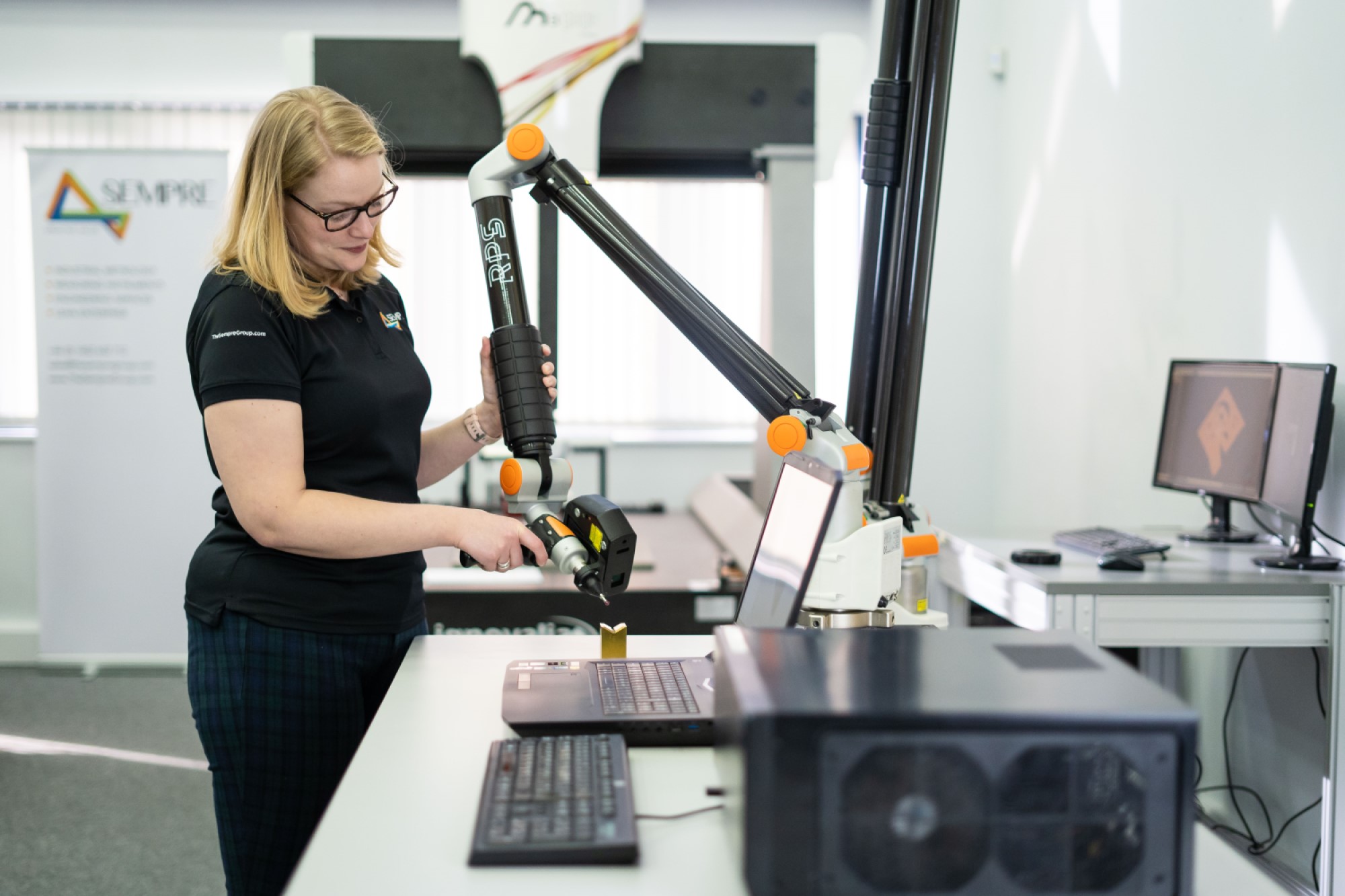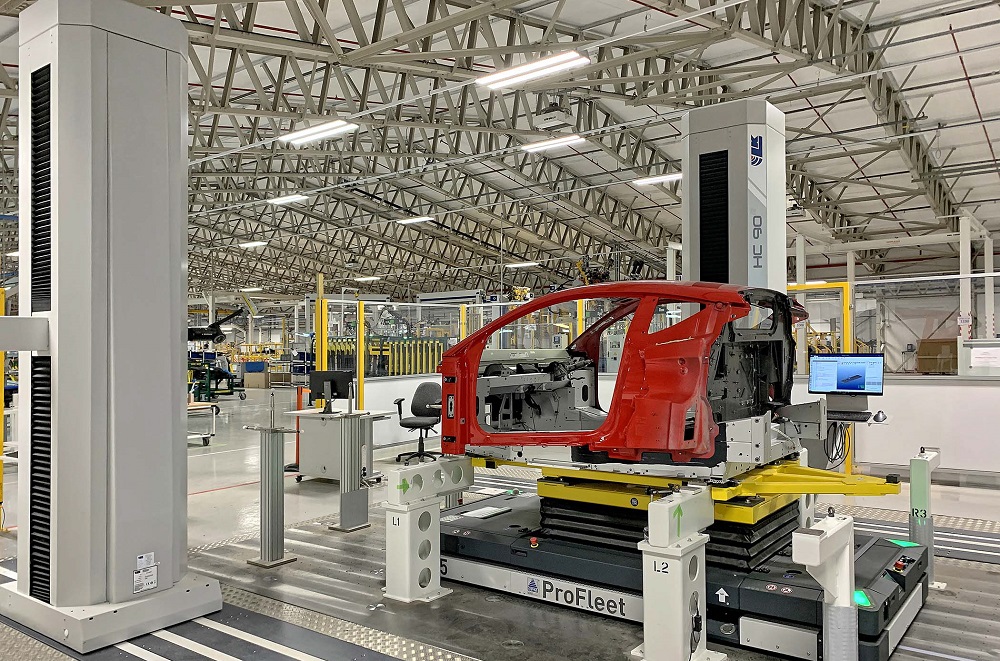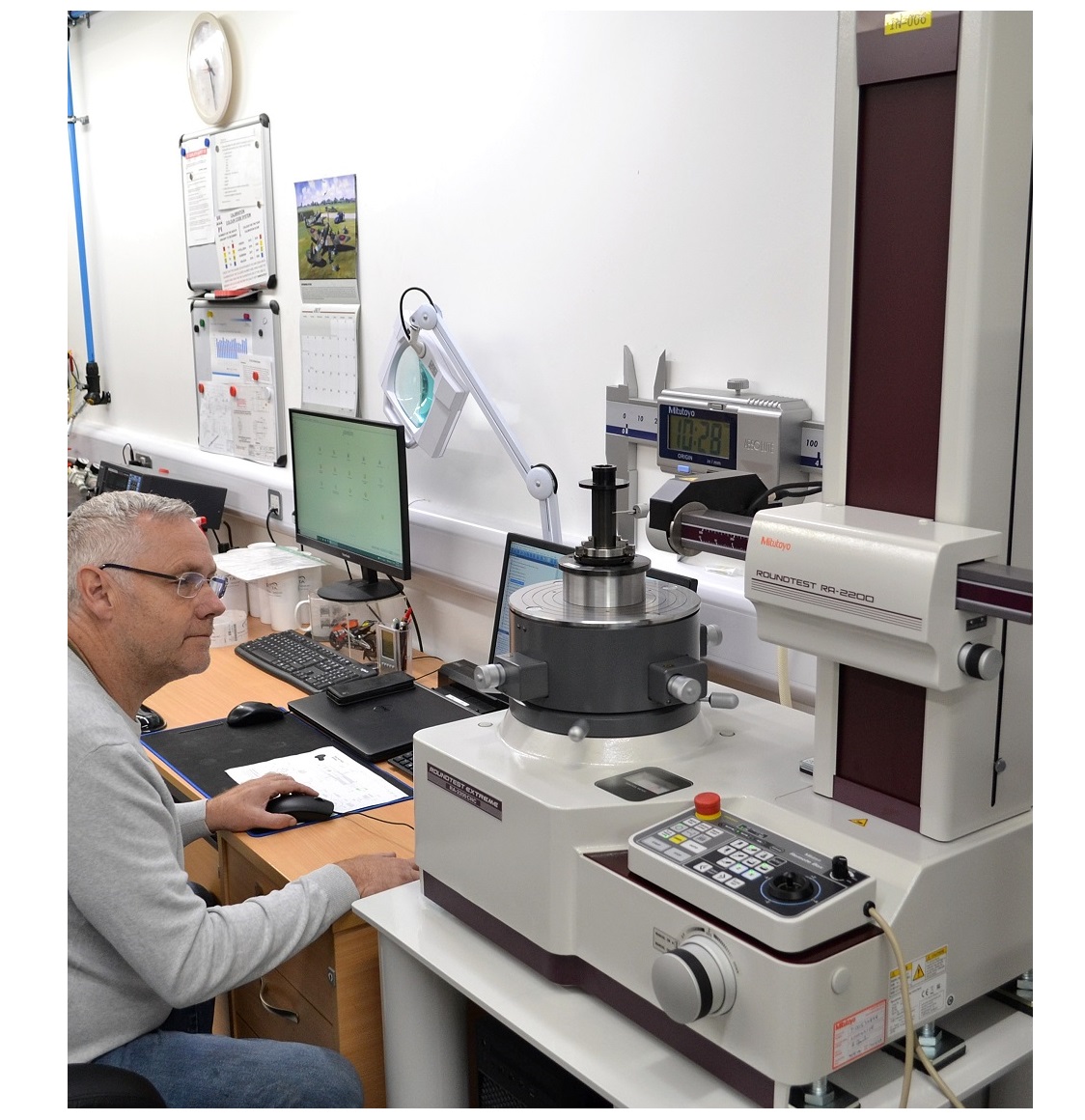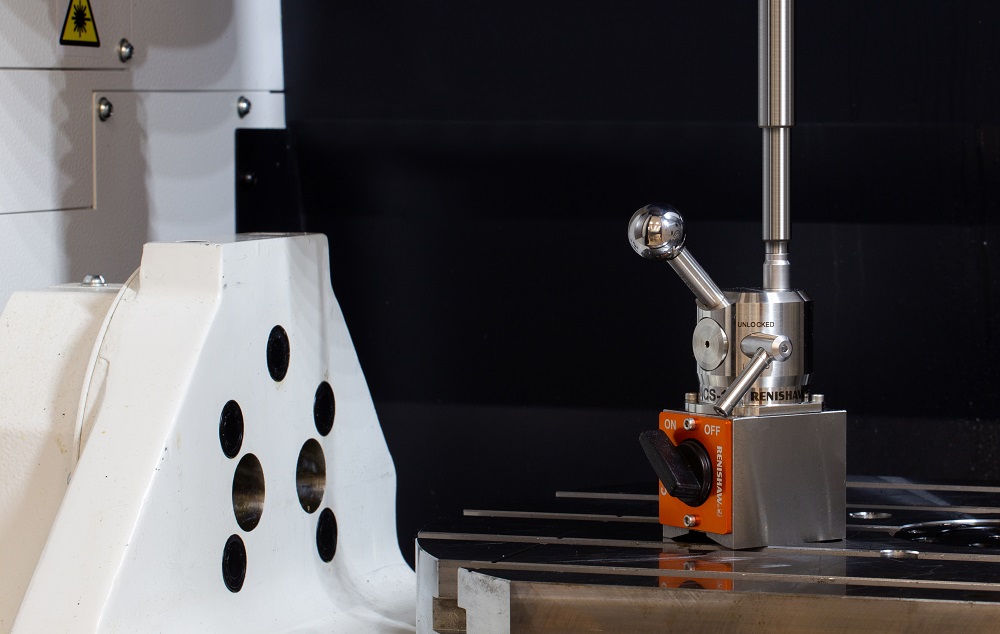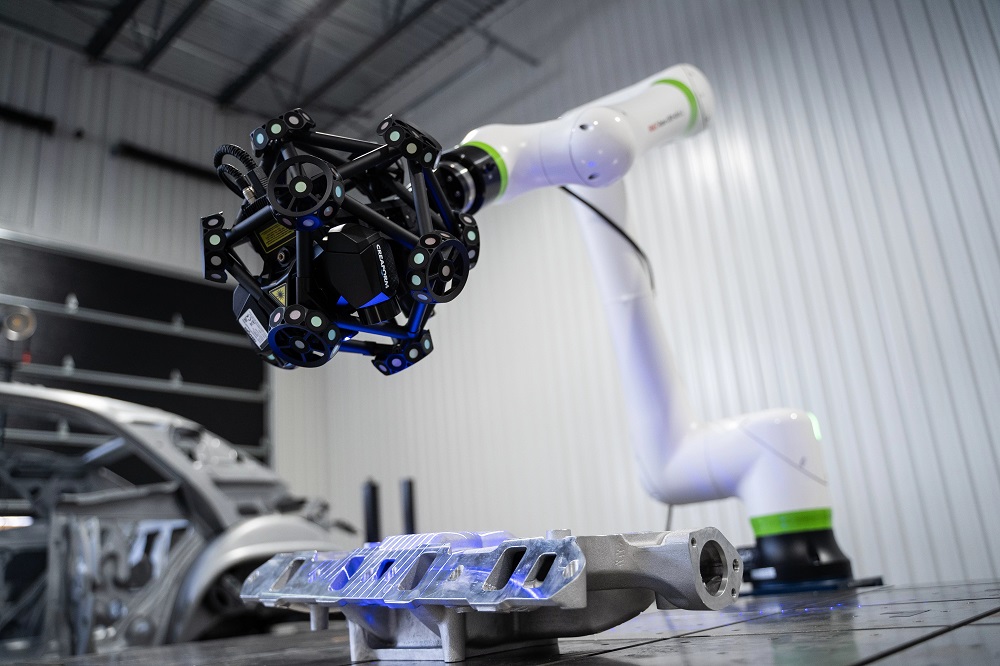Following assembly, manufacturers must measure parts to ensure they meet specification. However, if they only have one CMM, or they measure parts by hand using micrometers, manufacturers will do so at a much slower rate, significantly delaying time-to-market. Furthermore, measuring any component manually not only slows down production, it also introduces the risk of human error.
While investing in more measurement equipment could be a simple solution to removing any bottlenecks, it might not be the most practical option. As well as the initial cost of the machine, manufacturers must invest in training to ensure that they can use the equipment correctly. Smaller manufacturers may not be able to buy equipment outright, so instead they can look to subcontract measurement services.
By working with a metrology specialist such as The Sempre Group, manufacturers can have peace of mind that someone else is measuring their parts accurately. Metrology engineers can take information from drawings and CAD files to determine the method of measurements and which machines to use. To measure complex parts, subcontract measurement experts can develop bespoke fixtures to hold parts steady. Once the customer agrees to the quote, engineers will measure a small batch of parts, sending reports back to the customer to verify they have met expectations. Following verification, engineers will measure the rest of the components, deliver reports and send the parts back.
Instead of relying on one trained engineer and one in-house CMM, manufacturers can take the pressure off and speed up production by outsourcing measurement to dedicated experts.
For further information www.thesempregroup.com






